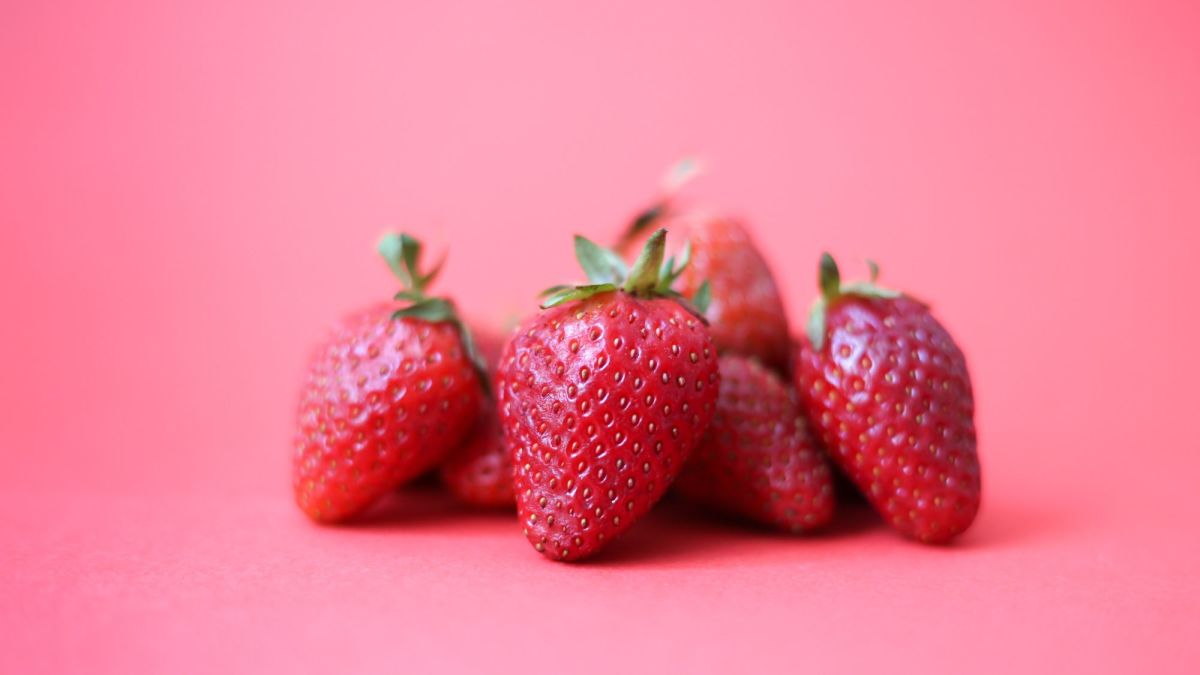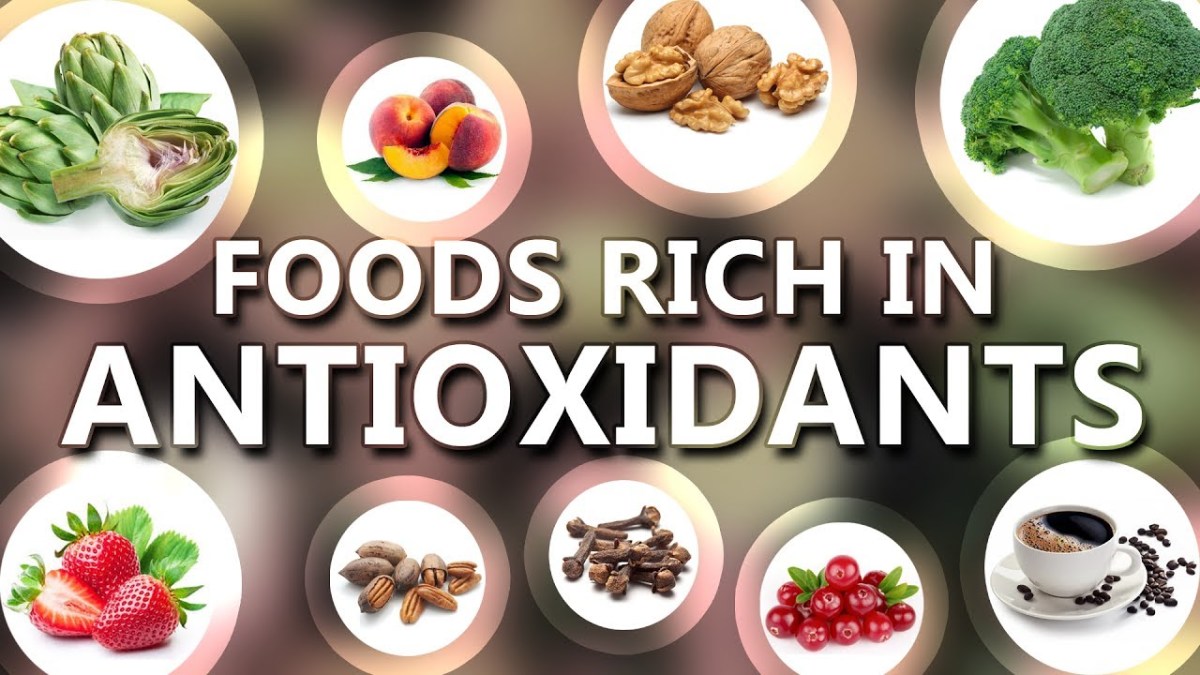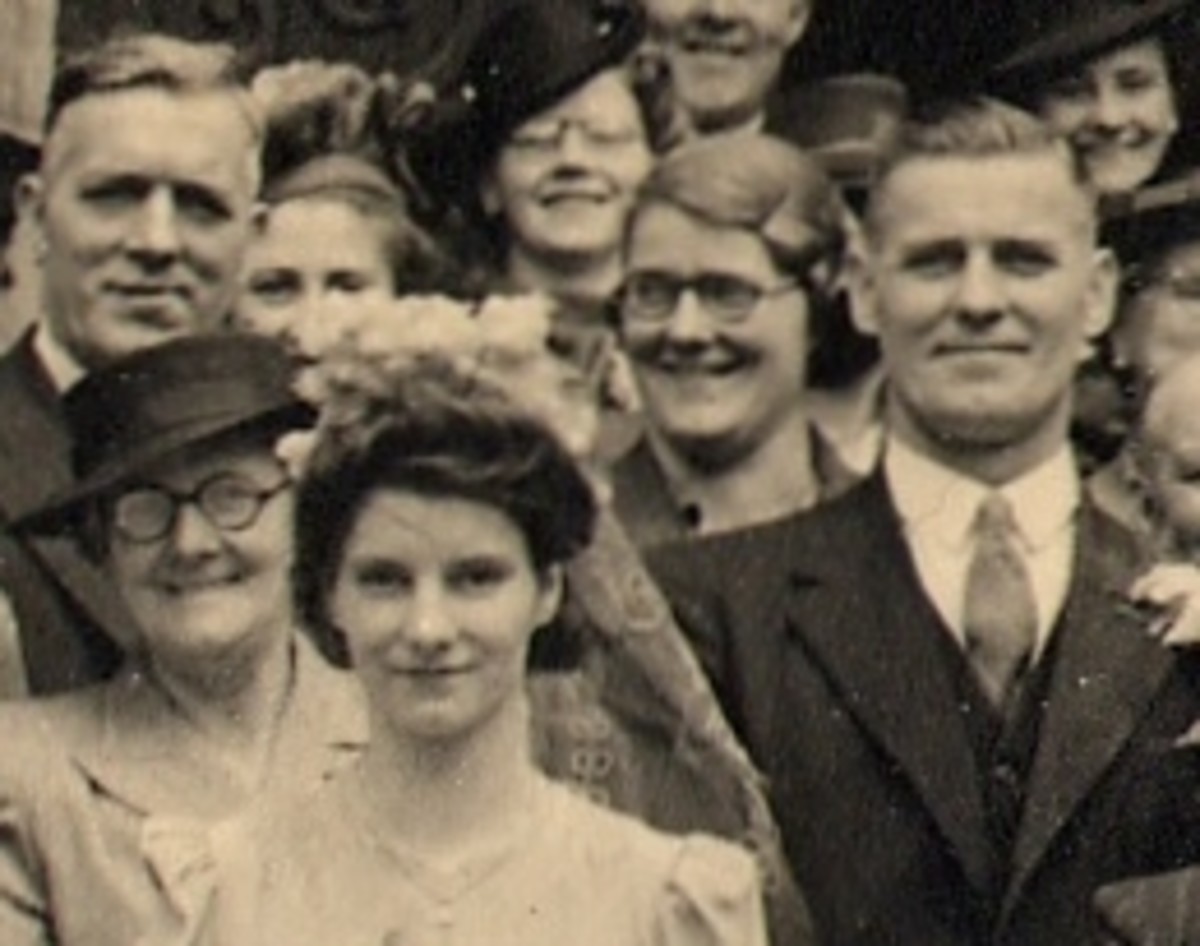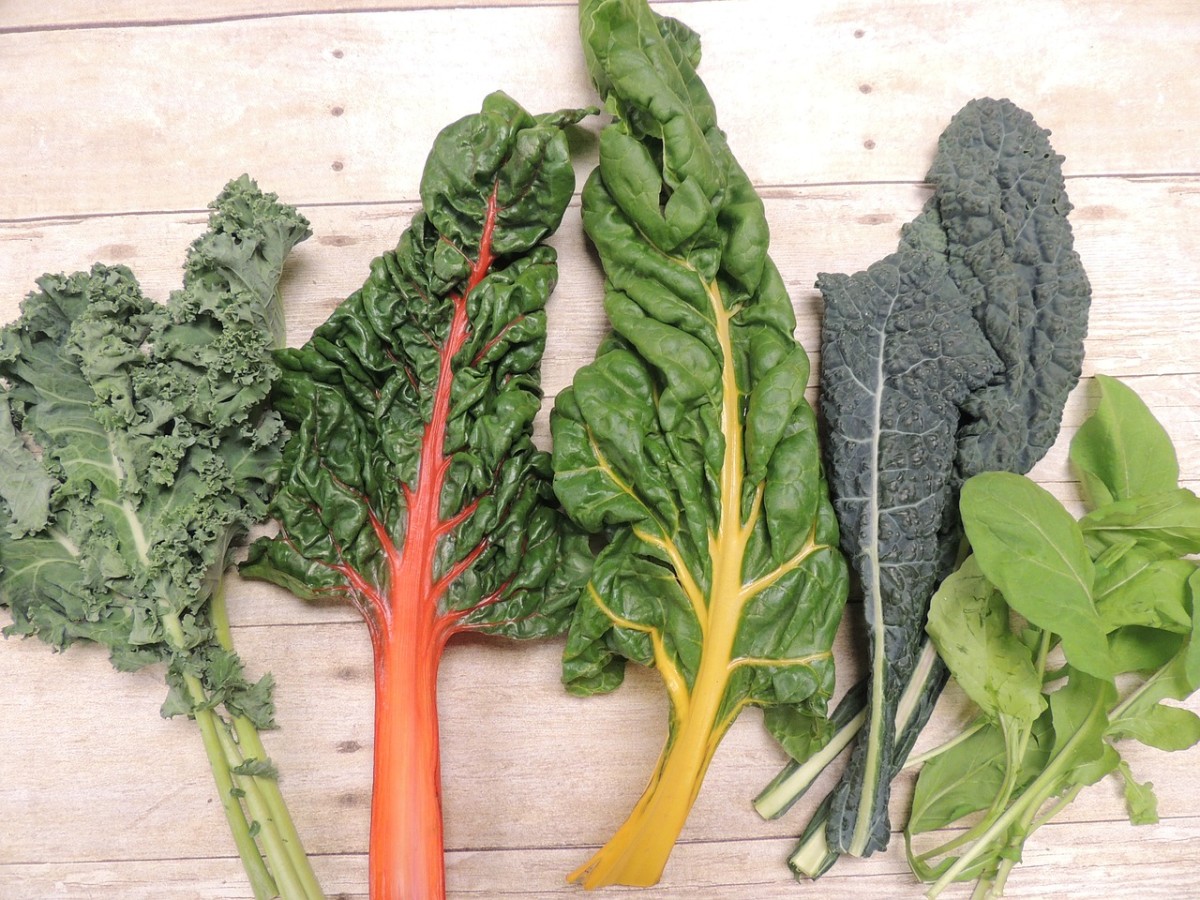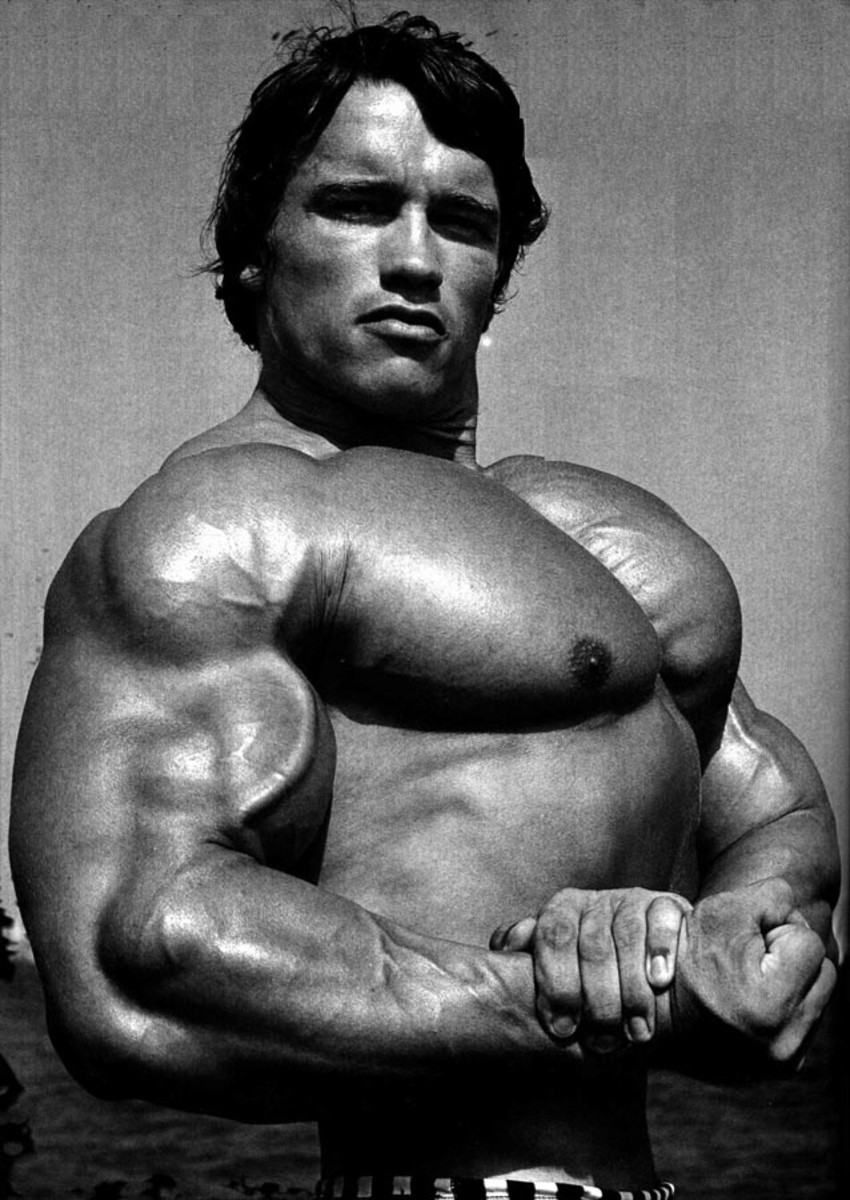A Healthy Diet Guide to Recovery During Chemo
Healthy Foods
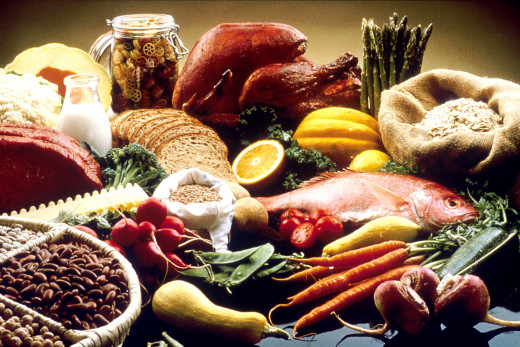
Chemotherapy and a Balanced Diet
A balanced, healthy diet helps recovery from the effects of chemotherapy.
My nutritionist after cancer, Dr. Francesco Steiner explains that the key to successful recovery from chemotherapy is a diet of healthy foods.
This article describes -
- What foods to eat during chemotherapy
- What to avoid,
- What to drink and
- How much to drink
- What the 'nutritional elements' are to help quickly recoup the liver and the kidney functions which are being battered by the toxins of chemotherapy.
When a patient is having chemotherapy treatments for cancer, or cancer prevention, a balanced healthy diet containing lots of antioxidants in small regular portions "does protect from the damage of chemo, while continuously helping our cells work to recoup physiologically" says Dr Francesco Steiner.
I certainly made myself as strong as possible through the treatments by following his suggestions every day. I was often weak and tired and didn't feel like eating - or cooking, or shopping, or spending so much money on the proper foods. But I did. And every time I finished a meal I felt 'better'.
The following information is useful to be well.
What is an Antioxidant?
An antioxidant is a molecule inhibitor of oxidation.
Oxidation can produce 'free radicals', which can cause damage to cells.
Antioxidants stop this damage by acting as reducing agents.
Which Diet Foods?
There are lots of antioxidants In Mediterranean diet foods which make it such a healthy diet; whole grain cereals (whole wheat, farrow), the pulses (beans and chick peas), fruits and vegetables, onion, garlic, extra virgin olive oil, protein and wheat germ seeds. The antioxidants in these natural, seasonal foods protect us from damage due to the environment, as well as help the continuous working of our cells.
"Because we have to be careful where the foods come from and be sure that they have not been treated with preservatives", insists Steiner.
“Foods treated with 'additives' are not as healthy being deprived of nutritional values, which bodies require for well being and for life”.
So shop for seasonal, organic, or biological produce because it does heal.
How Much Does a Nutritionist Cost?
Unfortunately a nutritionist is not 'covered' by any public health plans and so the cost of their consultation will have to come out of your pocket, but your nutritionist in these dark days are worth it. Life and a good quality of life are worth making financial sacrifices for.
A nutritionist can cost upwards of $300 dollars for a consultation.
We paid a little more in Rome, in Italy, but my doctor followed up without any further charges, preparing a tailor made menu each day for the duration of my chemotherapy.
Each nutritionist will offer different services. Your oncologist could recommend someone.
What Are the Guidelines to a Healthy Diet?
During chemo there isn't one-diet -fits-all. Each person's diet needs to be personalized by a nutritionist but some guidelines are useful for everyone.
Foods and drinks to avoid:
- Liquid foods such as soups, broths and minestrone
- All sweet things
- Gassy drinks and sweet sodas
- Cheese
- Strong tasting foods
- Strong herby flavor foods
Importantly:
- Avoid eating large meals,
- Avoid fasting
Biological Fruit
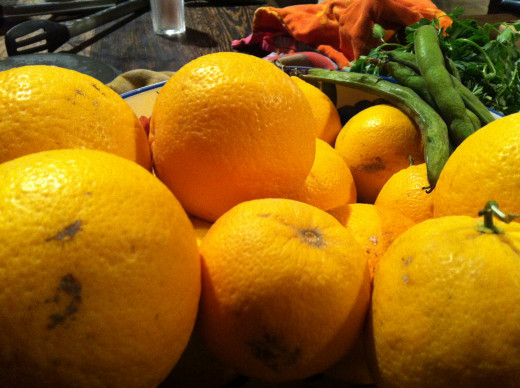
A Healthy Way To Eat On Chemo
1. In this healthy diet guide to recovery from chemotherapy, it's important to eat small meals, regularly - at breakfast, lunch and dinner and not to eat just one type of food.
Everyone's diet will be different based on weight and type of cancer and factors I'm not competent to go into - but here follows my diet:
Breakfast was usually 70 grams of toasted bread, butter and marmalade and a caffe latte. (Bread is always toasted on chemo).
Lunch was 130 grams of protein (white meat, fish or egg), 70 grams of carbohydrates (either pasta, rice or bruschetta), two vegetables prepared in different ways (raw or cooked or both) and a fruit.
Dinner was made up of the same quantities of each type of food, but the protein would be different, as were be the vegetables and the fruit.
2. Choose bitter tasting foods such as chicory or endive as often as possible because they help to clear out one's system, or slightly hot foods such as chili and capers.
3. Acid fruits and vegetables are a very important daily food too, such as lemons and tomatoes and vinegar because they help us to digest easier and reduce the nausea that is so often present.
4. It's important to drink - but not too much, so smaller quantities of, say, water with squeezed lemon juice, or green tea, or a mild herb tea such as chamomile during the day, through the day, is ideal.
Diet is - and remains - the physiological instrument of recovery because it quickly helps to improve the detoxifying functions of the liver and the kidney of the toxins of chemo.
Dr Steiner says that "the most suitable foods and the suggested ways that these foods are cooked are chosen according to the type of response the patient is having to the toxicity of the chemotherapy and will always be different, based on the different kinds of drugs that are being used.”
Bitter Tasting Food is Best for Clearing the System
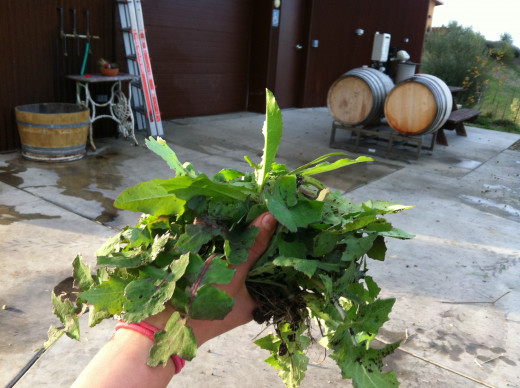
When you Have Nausea
A truly helpful tip! Worth a try before taking the meds.
When feeling nauseous after chemo, put a little sugar on a half a lemon and put it in your mouth and suck on it.
Most of the nausea will probably pass quite quickly.
A Varied Diet of Nutritional Foods
The fundamental rule of thumb for a correct nutrition and a healthy diet is to give the body 'nutritional-elements' that can help the repairing processes to recuperate the liver and the kidneys as quickly as possible. These are the organs, which minute by minute, hour by hour, every day of our lives, work to get the toxins out of our bodies.
Eating a varied diet with a little protein always present, with fruits and with vegetables, using only seasonal biological foods to avoid 'additives' is the way to do this.
Nutritionist specialist Dr Franceso Steiner provided all the information in this article.
© 2012 Penelope Hart

